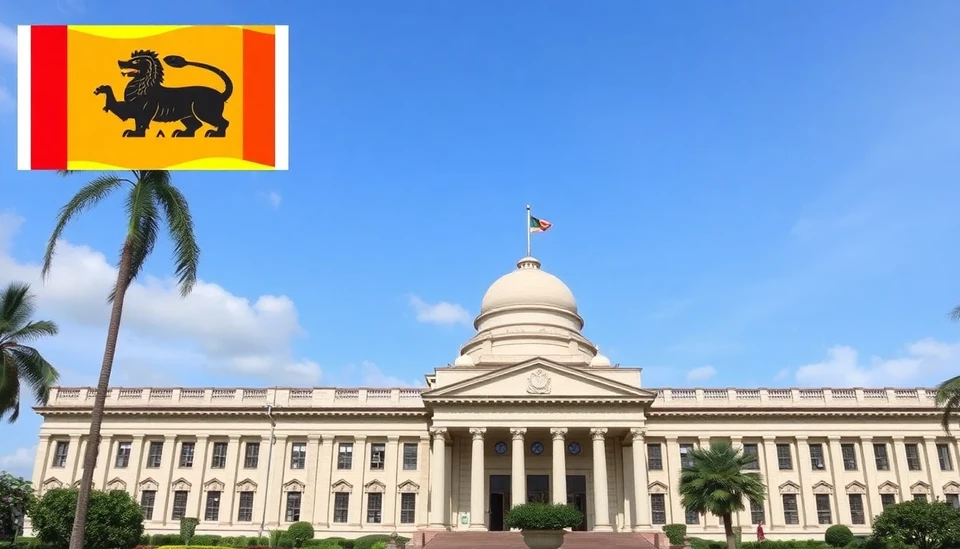
In a significant statement made recently, Sri Lanka's Central Bank Governor, Nandalal Weerasinghe, expressed strong support for the innovative concept of debt-for-nature swaps as a viable solution for supporting the country’s funding needs. This approach aims to relieve Sri Lanka of its heavy debt burden while simultaneously promoting environmental sustainability and conservation efforts.
Weerasinghe's remarks came during a conference focused on sustainable finance, where he highlighted the urgent need for financial mechanisms that not only address fiscal constraints but also prioritize ecological preservation. The debt-for-nature swap mechanism allows countries to reduce their debt repayments in exchange for commitments to protect and manage their natural resources, presenting a win-win scenario for both national economies and global environmental initiatives.
Sri Lanka has been grappling with a severe economic crisis, marked by soaring inflation rates and dwindling foreign reserves. These challenges have compelled the nation to seek alternative approaches to bolster its financial capacity. By endorsing debt-for-nature swaps, Weerasinghe suggests that the nation could potentially attract international investments aimed at biodiversity conservation projects, thereby redirecting funds toward both economic recovery and ecological initiatives.
The proposal aligns with Sri Lanka’s long-term vision of sustainable development, integrating environmental health into economic policies. Weerasinghe emphasized that such financial models not only assist in debt relief but also drive necessary funding toward crucial conservation efforts, especially in a country renowned for its rich biodiversity.
Weerasinghe further elaborated that collaboration with international financial organizations is vital for the successful implementation of these debt-for-nature swaps. He called on global partners to innovate financing solutions that enable the realization of sustainable development goals while nurturing the planet's health. This proactive stance was received positively, with many stakeholders in the finance and environmental sectors eager to explore the potential of such partnerships.
Experts in the field have noted that Sri Lanka’s push for debt-for-nature swaps could serve as a blueprint for other nations facing similar economic struggles while striving to safeguard their natural ecosystems. As international awareness regarding climate change and ecological degradation grows, financial instruments like these could become increasingly prominent in global policy discussions.
In conclusion, Sri Lanka's Central Bank Governor Nandalal Weerasinghe is championing an innovative approach to financial recovery that simultaneously prioritizes environmental sustainability. The endorsement of debt-for-nature swaps presents an opportunity not only for economic rejuvenation but also for solidifying the nation’s commitment to preserving its natural heritage for future generations.
#SriLanka #DebtForNature #EnvironmentalFinance #SustainableDevelopment #NandalalWeerasinghe #EconomicRecovery #Biodiversity #ClimateAction
Author: Megan Clarke




